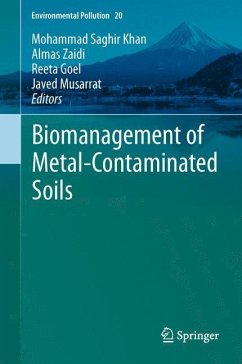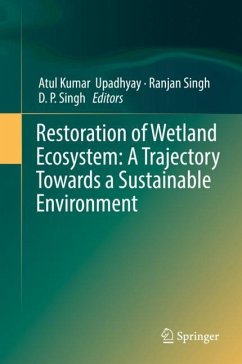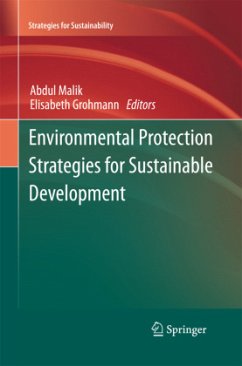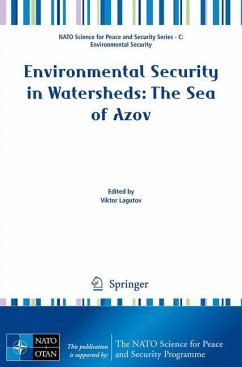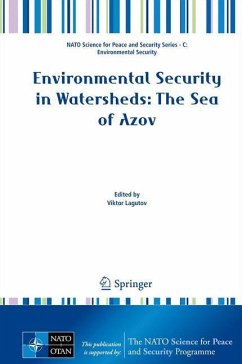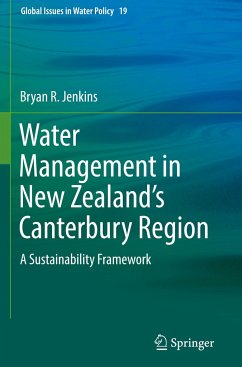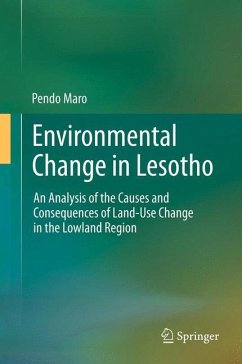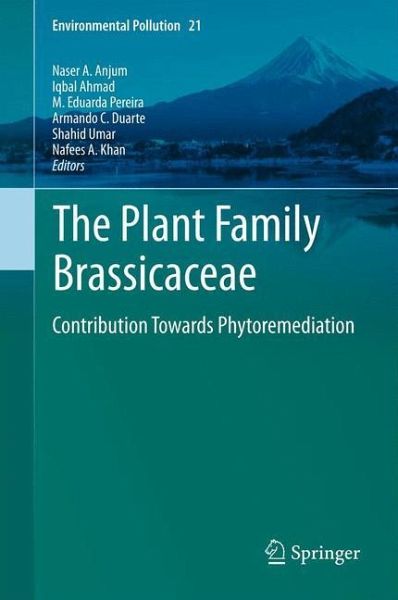
The Plant Family Brassicaceae
Contribution Towards Phytoremediation
Herausgegeben: Anjum, Naser A; Ahmad, Iqbal; Pereira, M. Eduarda; Duarte, Armando C.; Umar, Shahid; Khan, Nafees A.

PAYBACK Punkte
57 °P sammeln!
With the advent of the Industrial Revolution , the biosphere has been continuously polluted with a myriad of contaminants that urgently need global attention. In this perspective, most of the genera of the plant family Brassicaceae (Crucifereae or the mustard family) are significant parts of the plants- and associated microbes-based strategies adopted for the cleanup of varied contaminants from environmental compartments. Important genera such as Alyssum, Arabidopsis, Brassica and Thlaspi from Brassicaceae which, besides acting as attractive genetic models, well-represent the metal hyperaccumu...
With the advent of the Industrial Revolution , the biosphere has been continuously polluted with a myriad of contaminants that urgently need global attention. In this perspective, most of the genera of the plant family Brassicaceae (Crucifereae or the mustard family) are significant parts of the plants- and associated microbes-based strategies adopted for the cleanup of varied contaminants from environmental compartments. Important genera such as Alyssum, Arabidopsis, Brassica and Thlaspi from Brassicaceae which, besides acting as attractive genetic models, well-represent the metal hyperaccumulation among approximately 0.2% of all angiosperms and thus, play a key role in the phytoremediation technology. This book i) provides an exhaustive evaluation of the current status of contaminants (metals/metalloids)-addition to varied environmental compartments and its consequences, ii) offers comprehensive and state-of-the-art information on the significance of the plants from the family Brassicaceae in solving environmental pollution issues, iii) examines the physiological, biochemical and molecular-genetic strategies adopted by the plants from Brassicaceae for the remediation of and tolerance to varied environmental contaminants, and iv) supplies a broad reference to the field of environmental science and related disciplines. As a pioneer work on the subject and significant addition to the Environmental Pollution book series, the current volume promises to be a useful asset for researchers, students, other academics and policy makers involved in sustainable remediation of varied environmental compartments.





